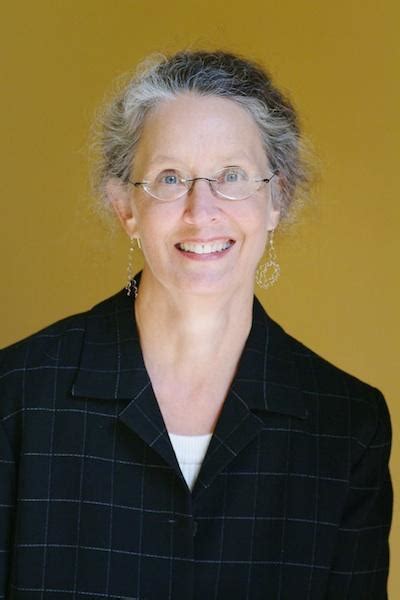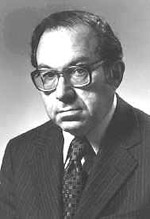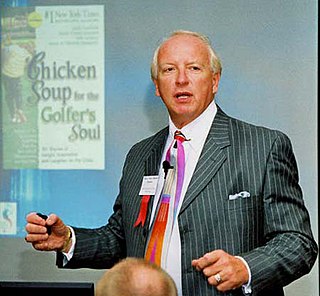A Quote by Caroline B. Cooney
Actually my first eight books were historical novels, but they were never published.
Quote Topics
Related Quotes
The graveyard is the richest place on earth, because it is here that you will find all the hopes and dreams that were never fulfilled, the books that were never written, the songs that were never sung, the inventions that were never shared, the cures that were never discovered, all because someone was too afraid to take that first step, keep with the problem, or determined to carry our their dream.
A review of seventy-four clinical trials of antidepressants, for example, found that thirty-seven of thirty-eight positive studies [that praised the drugs] were published. But of the thirty-six negative studies, thirty-three were either not published or published in a form that conveyed a positive outcome.
As the Nazi regime developed over the years, the whole structure of decision-making was changed. At first there were laws. Then there were decrees implementing laws. Then a law was made saying, ‘There shall be no laws.’ Then there were orders and directives that were written down, but still published in ministerial gazettes. Then there was government by announcement; orders appeared in newspapers. Then there were the quiet orders, the orders that were not published, that were within the bureaucracy, that were oral. And finally, there were no orders at all. Everybody knew what he had to do.
Many of Judy Blume's books - which I devoured when I was growing up and where I found characters that were believable because they were a lot like me - caused considerable consternation when they were first published, but now they're widely accepted as an essential part of the children's literary canon.
To see what books were available for my older students, I made many trips to the library. If a book looked interesting, I checked it out. I once went home with 30 books! It was then that I realized that kids' novels had the shape of real books, and I began to get ideas for young adult novels and juvenile books.
I'd finished the first two [books] and they were going to to be published, and [editor] said, "We need you to write a summary that will drive people to these books." And it took forever. I couldn't think of a thing to say. I looked at the back of other children's books that were full of giddy praise and corny rhetorical questions, you know, "Will she have a better time at summer camp than she thinks?" "How will she escape from the troll's dungeon?" All these terrible, terrible summaries of books, and I just couldn't.



































